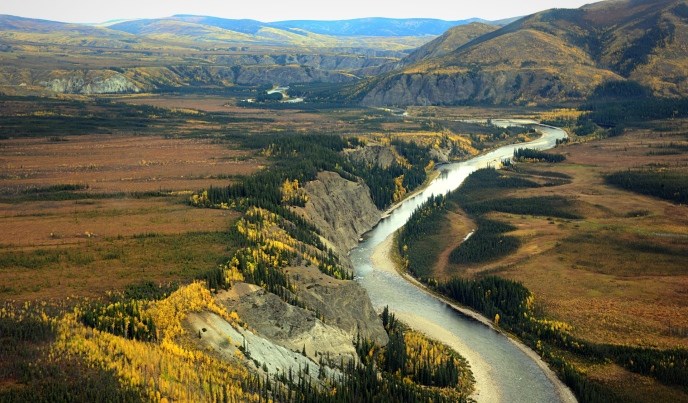Start your engine, U.S. justices tell hovercraft-riding moose hunter
The ruling limits the ability of the National Park Service to regulate lands and waters within parkland not owned by the federal government.

WASHINGTON — In the words of Justice Elena Kagan, an Alaska hunter can now “rev up his hovercraft in search of moose” after the U.S. Supreme Court on Tuesday unanimously ruled in favor of his bid to use a river on a federal preserve to reach his prey.
The nine-member court sided with hunter John Sturgeon, who park rangers had prevented from riding his hovercraft on a river through territory overseen by the National Park Service to reach remote moose-hunting grounds in the northernmost U.S. state.
It marked the second time Sturgeon has won at the Supreme Court in his long-running feud with the federal government.
“But now, we finally resolve it for good by saying that Sturgeon can take his hovercraft out of storage,” said Kagan, the liberal justice who authored the ruling.
The justices “wish Sturgeon good hunting,” Kagan added in a statement read from the bench.
The court decided that the National Park Service cannot regulate the Nation River in the Yukon-Charley Rivers National Preserve, south of the Arctic Circle, where Sturgeon was stopped in 2007 because it is not “public land” owned by the federal government. The justices also concluded that the park service cannot regulate lands and waters within Alaska national parks that it does not own.
People in some parts of the United States, especially western states, have complained about too much federal control of public lands. The ruling is limited to a specific federal law that addresses lands in Alaska and does not apply to other states. Large tracts of Alaska in and near the Arctic are administered by the National Park Service and used for hunting.
Sturgeon’s lawyer did not immediately respond to a request for comment.
In March 2016, when the case first reached the Supreme Court, the justices ruled unanimously against the federal government and directed the San Francisco-based 9th U.S. Circuit Court of Appeals to reconsider a ruling against Sturgeon. But the 9th Circuit in 2017 again ruled in favor of the government, prompting Sturgeon to appeal.
Sturgeon argued that the regulation banning hovercraft in federal parks and preserves had no force in Alaska because the river fell under the jurisdiction of the state, which allows hovercraft.
The state of Alaska supported Sturgeon, noting that Congress in 1980 specifically limited National Park Service jurisdiction over land within a conservation area that is not federally owned. The nationwide rule regarding hovercraft, which travel on a cushion of air, dates to 1996.